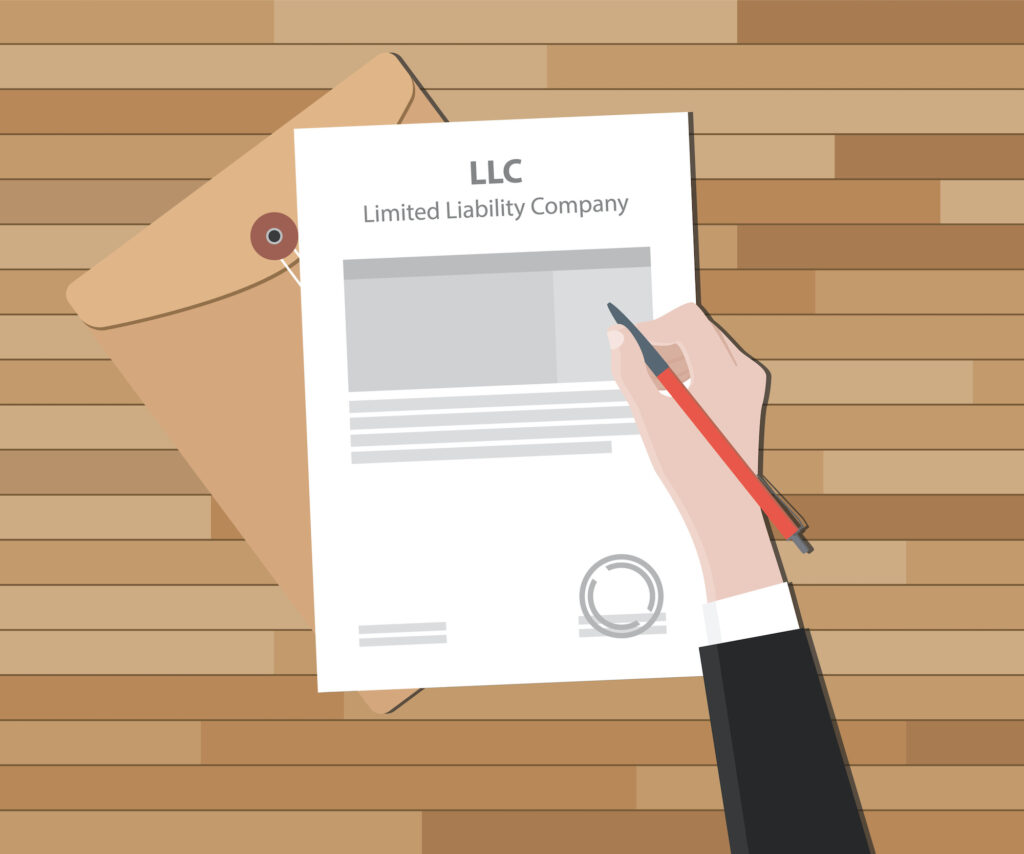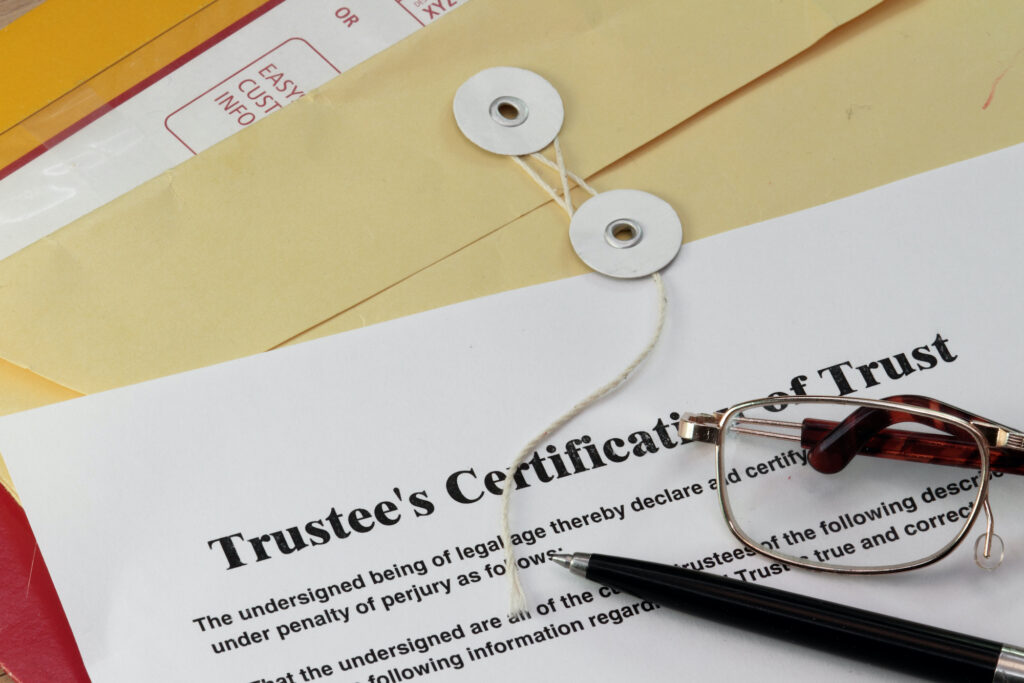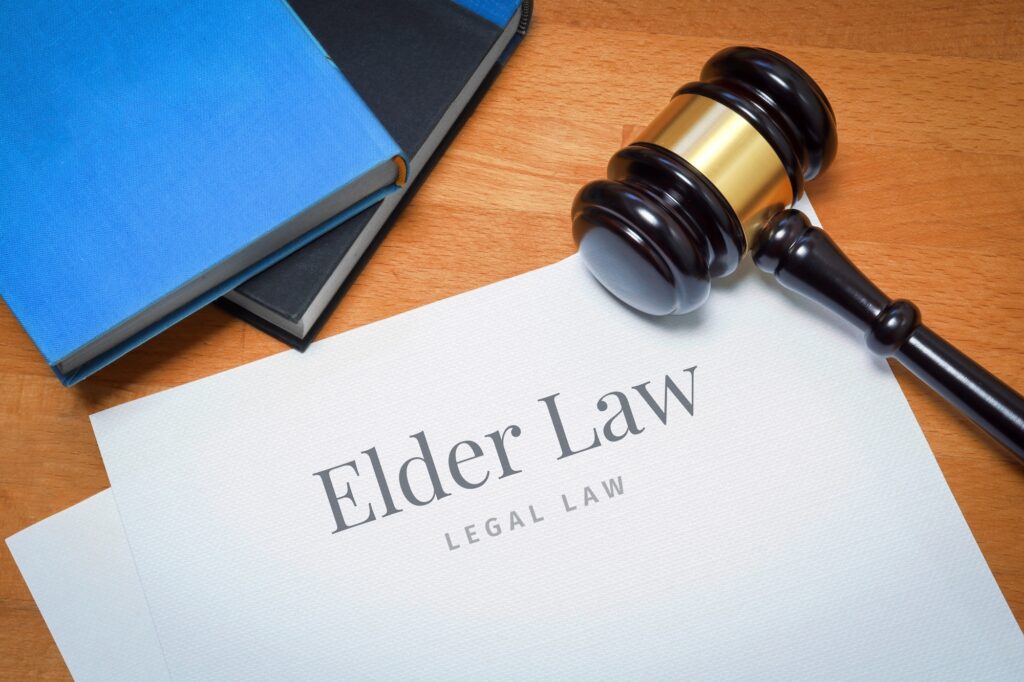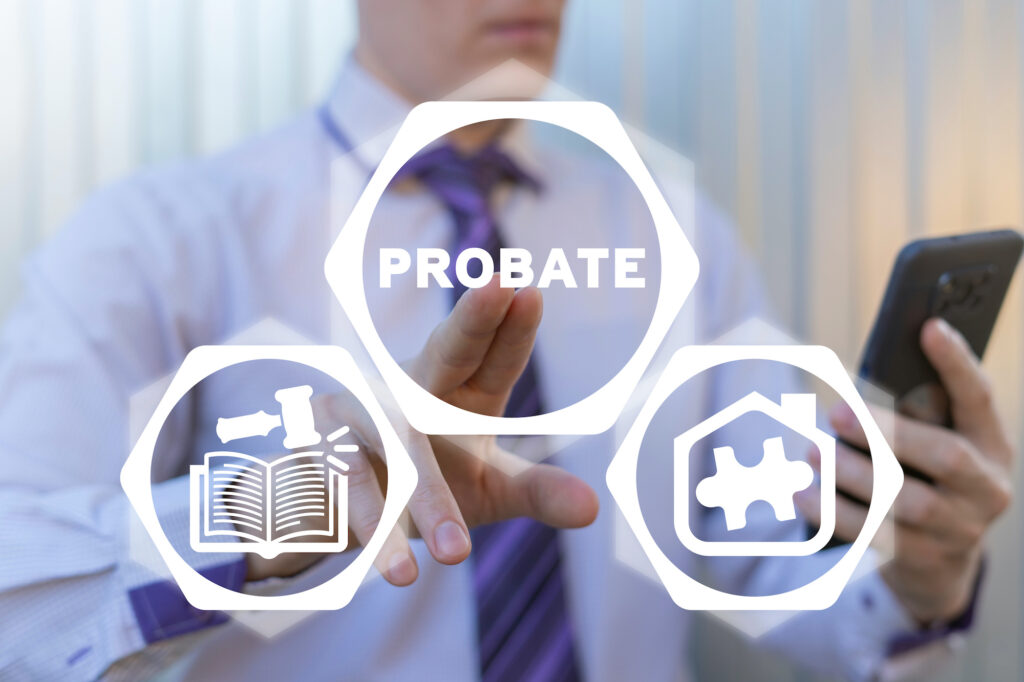Raquel Welch had a reported net worth of $40 million. This will presumably go to her two adult children. However, few details reveal Welch’s estate plan. This suggests that she was also savvy about estate planning.
Category Archives: Trusts
Who would care for your pet if you die or somehow face incapacitation? Would your survivors know how to give your pet the same level of care you provide? A good way to ensure your pet is well cared for if something happens to you is to create a pet trust.
A last will and testament provides instructions about who should receive a person’s money and property when they die.
Although starting a business is a significant achievement, small business owners cannot coast on past accomplishments. You must look to the future and plan next steps.
Do you still own the same property or have the same account balances as when your plan was first created? What will the balances be like at your death?
Parents of a special needs child could purchase life insurance for a child to benefit family caregivers.
Unlike a will, a trust will help keep your estate from going through an expensive, time-consuming, and public probate process. If you set up a trust, with trustees, you still create a will, but it becomes a pour-over will, which moves (pours) your assets into your trust.
Although these two types of law differ and apply to varying stages in life, many handle them simultaneously. This is because many people wait till later in life to start their estate planning process.
Before asset distribution, the estate’s executor should make every effort to pay all outstanding debts. After bills are paid, and the remaining assets are accounted for.
The key to ensuring that your estate plan will work the way you envision is understanding that how you own your money and property (i.e., how title is held) determines whether your will or trust, or neither, controls who will receive that money and property.











